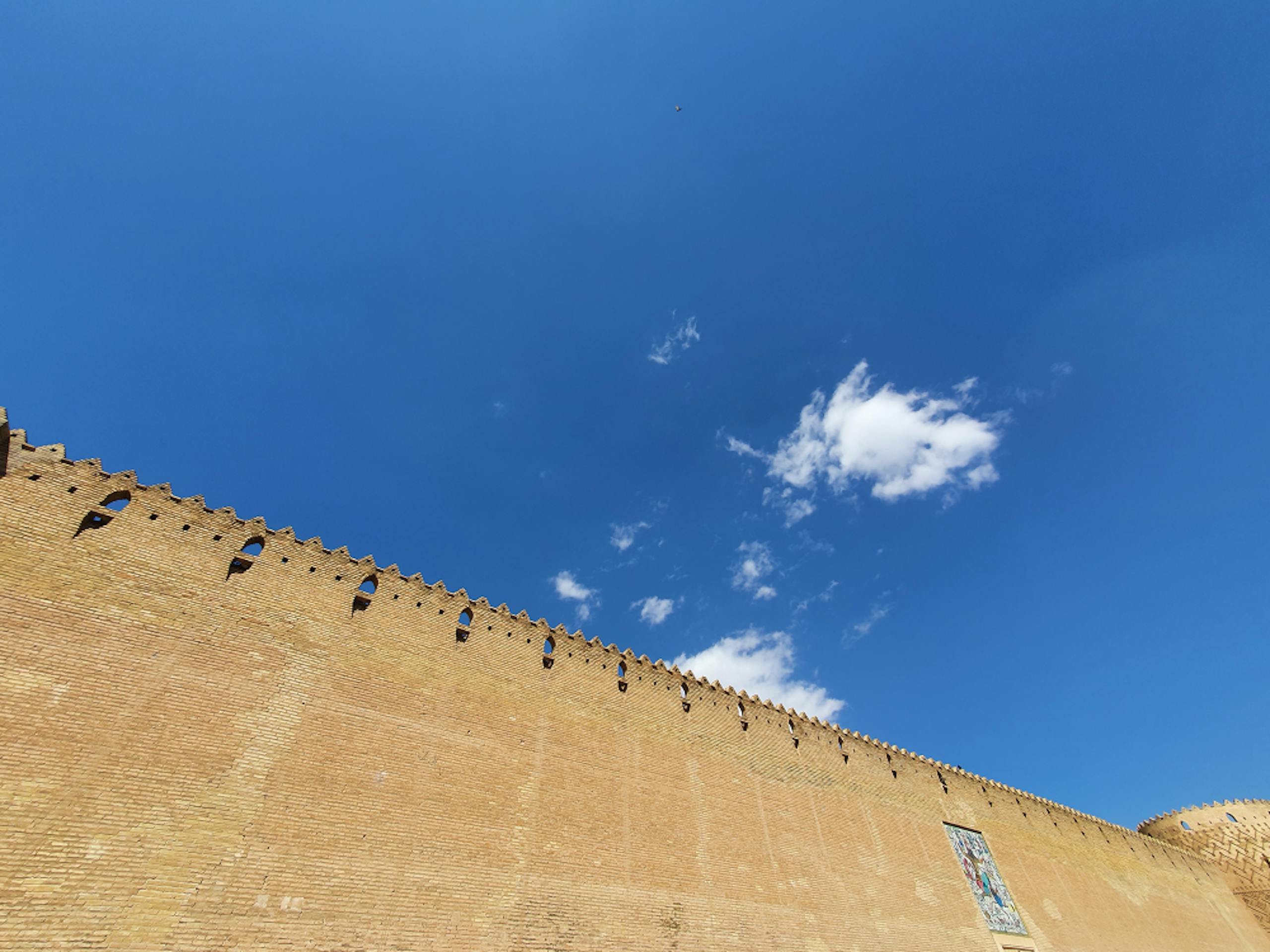

© Yasi Moradi
What we leave unsaid
Drama masterclass with Amir Reza Koohestani
"Imagination is something that can’t ever be censored". Amir Reza Koohestani, Iranian director and playwright, makes us consider the messages that are meant to be conveyed through what is said and done on stage, beyond censorship, on an "imaginational stage".
So how important is the unsaid in theater? In the masterclass we discuss and analyze the imaginational stage that occurs in the mind of the audience. How do you build this relationship with the audience? To enter people's imagination, a director must get to know them, and for this to happen he or she must be aware of the place and time in which they live. In the workshop, Koohestani and the participants share their own experiences from the time and place they are living in and communicate without the need of everything being said or shown.
Born in Iran in 1978, Amir Reza Koohestani studied enginery and cinema directing before joining the Mehr Theatre Group, initially as a performer. He went on to write his first plays, notably Dance On Glasses (2001), Recent Experiences (based on Nadia Ross and Jacob Wren, 2003), and Amid the Clouds (2005). He worked with the Schauspielhaus in Cologne on Einzelzimmer (2006), and with the Nouveau Théâtre in Besançon on Des Utopies? (with Sylvain Maurice and Oriza Hirata, 2009). After two years studying in Manchester, he returned to Tehran in July 2009 to create Where Were You On January 8th? followed by Ivanov (2011) and The Fourth Wall (2012). Amir Reza Koohestani is a regular guest at a number of international theatres and festivals, including Actoral, for which he created Timeloss in 2013, the Akademie Schloss Solitude in Stuttgart, where he was in residence for Hearing (2015), Kunstenfestivaldesarts, which premiered Summerless (2018), and the Comédie de Genève, for which he created Miss Julie (2018) and En Transit (2022). Amir Reza Koohestani has also created more than ten productions in Germany (Münchner Kammerspiele, Theater Freiburg, Thalia Theater, Deutsches Theater, etc.), some of them still being presented as repertoire.
Calendar
Highlights

© Laetitia Vançon
Related events

Archives and collection
Explore hundreds contents →



